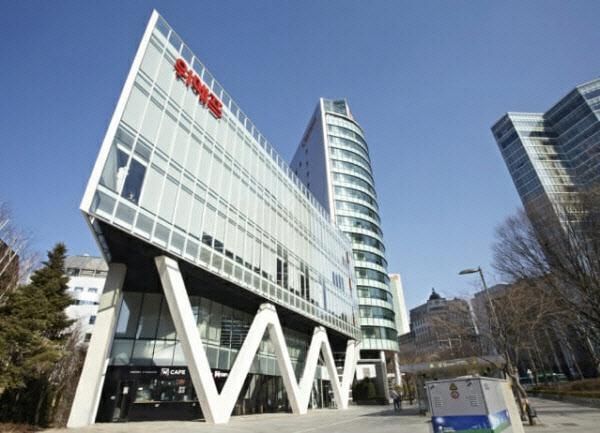
The two sites have delayed settlements with sellers since early July, prompting some businesses to cancel products and withdraw from the platforms. Damages are estimated to exceed 100 billion won ($72.23 million).
Major retailers, including Lotte Department Store, and travel agencies such as Hana Tour, Mode Tour and Yellow Balloon, have suspended sales on these platforms.
Payment gateway companies began to suspend credit card transactions Tuesday, blocking both new purchases and cancellations for existing transactions. This forces customers to request cash refunds and wait indefinitely.
Banks, including KB Kookmin Bank and SC First Bank, have also suspended advance settlement loans for Tmon and WeMakePrice sellers, citing uncertainty in repayments due to the delayed settlements. This move further complicates the financial situation for many small and medium-sized businesses relying on these platforms.
The crisis has also affected pre-purchased discount coupons and gift cards, which are now unusable on partner platforms like Naver Pay, SSG Pay and the food delivery app Yogiyo. Tmon had been selling its “Tmon Cash” at a 10 percent discount and offering gift cards at reduced prices, which are now frozen.
Financial authorities, including the Financial Supervisory Service, have begun monitoring the situation and are considering potential responses to the crisis.
The incident has raised concerns about a possible repeat of the Merge Point crisis in 2021, where a points-based shopping platform collapsed, leading to widespread consumer losses.
Qoo10 Group was founded by Koo Young-bae in 2010. Its liquidity problems intensified after announcing the acquisition of the U.S.-based global shopping platform Wish for $173 million in February.
Tmon and WeMakePrice operate on a system where they settle payments with sellers up to two months after customer purchases. Qoo10 reportedly used these funds for aggressive business expansion, leading to a cash shortage and subsequent payment and refund delays.
Copyright ⓒ Aju Press All rights reserved.

